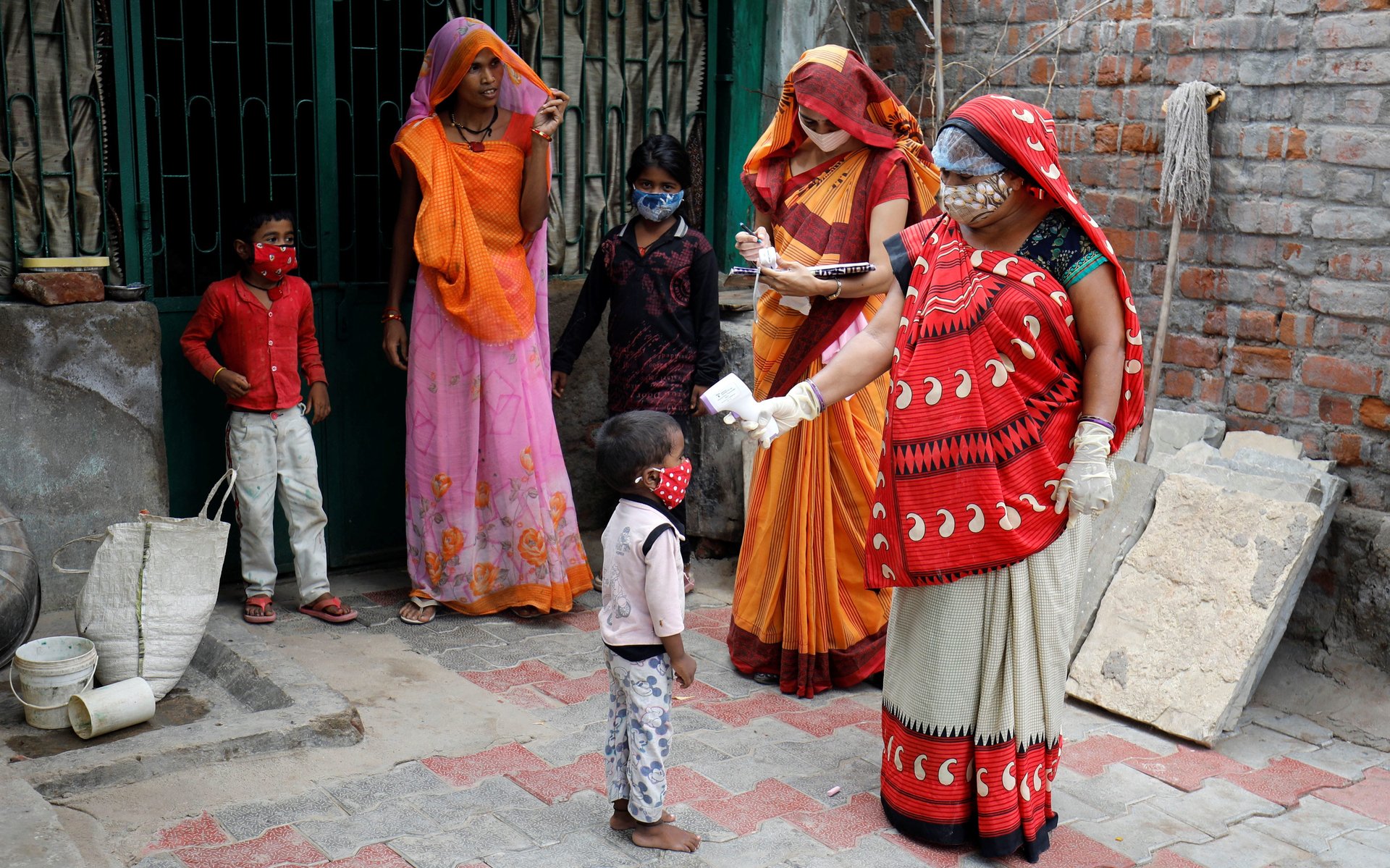India’s third wave will likely not affect kids more—but doctors want to be prepared
Children are the heart of the fears around a possible third wave of Covid-19 in India.


Children are the heart of the fears around a possible third wave of Covid-19 in India.
State governments, including those in Delhi and Maharashtra, have been raising alarm over pediatric capacities in hospitals and vaccines. Indian vaccine maker Bharat Biotech’s Covaxin has already recruited volunteers for trials in the 12-18 years age group, and will soon begin signing up kids in the 6-12 years bracket.
These fears have also emerged as a result of the new delta variant, which countries like the UK and Singapore believe is also affecting children. But Indian paediatricians say that while it is important to focus on saving children from Covid-19, it is equally important not to lose sight of the fact that it continues to impact the elderly and those with comorbidities.
“During the second wave of Covid-19, the virus had mutated and showed higher infectivity. Entire families got infected together, which included children,” explains Dr Krishan Chugh, director and head of the paediatrics department at the private hospital Fortis Memorial Research Institute in Gurugram.
But doctors now worry that focusing the fears of the third wave around children is needlessly alarmist. To quell these fears and put them in perspective, the Indian Academy of Pediatrics (IAP), a representative association of paediatricians, released a detailed statement on May 22. “Children are as susceptible as adults and older individuals to develop infection but not severe disease. It is highly unlikely that the third wave will predominantly or exclusively affect children,” it said.
And yet, the delta variant has caused much anxiety among Indian parents.
Children and the delta Covid-19 variant
It isn’t as though children weren’t infected during the first wave and before the devastation caused by the delta variant, Chugh says. “In the previous wave, there was a stigma against getting children tested. This wave, the testing stigma reduced, and combined with higher infectivity, there were more confirmed cases of children with Covid-19,” Chugh adds.
While national age-wise data have not been released by the Indian government, state governments have periodically analysed how waves have affected different age groups. “The latest serosurvey (December 2020-January 2021) showed that the percentage of infected children in the age group of 10-17 years was around 25%, the same as adults. This indicates that while children are being infected like adults, they are not getting the severe disease,” the IAP noted.
More recently, yesterday (June 16), Delhi reported that out of over 40,000 positive cases in the past month, nearly 1,600, or 4% were kids under the age of 14. Over 25% of these were children and adults between the ages of 15 and 30, and the most impacted group continued to be those between the ages 30 and 60 years.
These data are a snapshot of the delta variant’s behaviour, and largely correlate with the age makeup of the previous waves of the pandemic. “If the national average for those under 18 remains at around 12%, we’ll know the pandemic is not disproportionately impacting children,” says Chugh.
But India’s choppy vaccine rollout could also tilt the scales against children.
No Covid vaccinations for children yet
Currently, India has no Covid-19 vaccines for children, and only those above the age of 18 are eligible to receive a shot. This could well be a reason why more children may be impacted in subsequent waves. For instance, once offices reopen, immunised adults who step out may be safe from infection, but transmit the virus to the children at home. Chugh believes that while this proportion may increase, it may not mean that children suffer more.
“In my experience, the innate ability in children to fight the virus will prevent severe disease in these age groups,” he explains. This sentiment was echoed by the IAP. “Severe disease occurs in children, but there is no evidence indicating that most children with the Covid-19 infection will have severe disease in the third wave,” it said.
But given India’s woefully constricted medical infrastructure—and more so for children—it is prudent to prepare for the many complications that come with Covid-19.
Ramping up paediatric healthcare to tackle Covid
While children may not suffer serious disease directly from Covid-19, they may have other disorders as a consequence of a large outbreak. “When a large number of kids get infected, they may develop MIS-C (multisystem inflammatory syndrome in children) around a month or so later,” Chugh warns. “We have seen more of these cases in the second wave and if this is not treated early, it could lead to deaths among children.”
For this and in the eventuality that children do end up getting Covid-19 in large numbers, Chugh suggests that hospital capacities should be agile. For instance, not only do you need kid-sized masks and PPE kits you also need equipment like pulse oximeters and ventilator tubes adapted for children. “Most Covid-19 wards do not allow caregivers, but in the case of children, the ward will have to be structured in a way that it allows for an attendant to be with the child,” Chugh says.
Similarly, doctors, nurses, and medical staff would need to be trained to take care of children should the third wave disproportionately impact children, besides having specialised doctors and nurses on board.